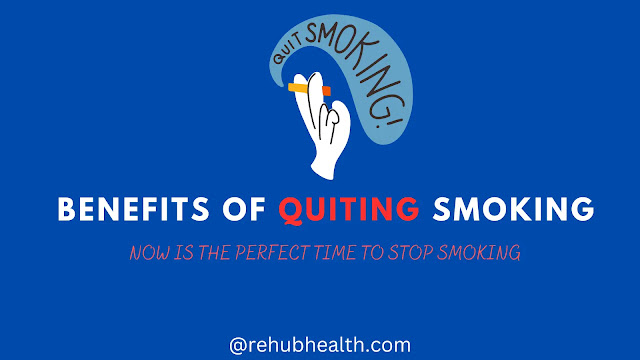Fasting in Pregnancy: Answering the most important questions
Overview
Nutrition during pregnancy plays an important role, so what is the impact of fasting pregnant during Ramadan Is it permissible for her to fast The answer to this question is not conclusive, doctors have not agreed on an answer and this topic is still controversial.
How to prepare a pregnant woman for fasting?
If you are pregnant and you can fast, this is how you prepare yourself for it to minimize any danger or fatigue for you and the fetus:
- It is advisable to drink a lot of water a day before, that is, at Iftar and Suhoor.
- It is recommended to drink 10 to 12 glasses of water a day to allow your body to store fluids.
- It is not recommended to drink large amounts of water at suhoor, excessive drinking may cause abdominal pain and vomiting.
- The consumption of caffeine and theophylline, which are present in coffee, regular tea, cocoa, and carbonated drinks, should be minimized.
- It is best to avoid sweet or salty drinks.
The effect of fasting pregnant in Ramadan
This is what happens in the body when a pregnant woman fasts during Ramadan:
- Ketones may not adversely affect the adult human body, but pregnant women, are more likely to have a high percentage of these ketones in the body, which may lead to their arrival to the fetus, and when their amount is large, they may damage it.
- The percentage of ketone bodies that accumulate during fasting is small, and there are not enough studies confirming or denying their harmful effects, that is, the suspicion of their harmful effect remains only theoretical.
After we have mentioned the most prominent effects of fasting pregnant in Ramadan, it is now necessary to address what happens in the body in general during fasting in Ramadan:
- During fasting, the human body consumes the beginning of the stores of sugars, which are mainly located in the liver, to obtain energy.
- The body begins to use ketones from fatty acids to get the necessary energy and maintain muscle mass and functionality.
Is it permissible to fast at the beginning of pregnancy?
It may be advisable for women not to fast at the beginning of pregnancy, especially in the following cases:
- Pregnant women experience vomiting and lose a lot of fluids, to prevent dehydration from occurring.
- For pregnant women who suffer from normal hypotension in pregnancy, which leads to a feeling of weakness and fatigue, fasting increases these symptoms.
- Pregnant women are prone to fainting during fasting, and they may develop a general bad feeling more often than other women.
As for the second trimester of pregnancy, studies have shown that pregnancy consumes double the amount of energy, and fasting at this stage may increase the chance of premature birth, noting that studies have shown that fasting pregnant women in the last trimester may not affect fetal growth indicators.
Dangerous pregnancies
Pregnant women are usually advised not to fast during Ramadan if they are at high risk, such as:
- Women who suffer from pregnancy complications, such as diabetes mellitus, or high blood pressure.
- Women who experience preterm labor in the current pregnancy, or experienced it in a previous pregnancy during fasting.
- Women who take medications are necessary several times a day, and we do not mean taking vitamins and iron that can be taken after breakfast.
Adhere to the decision of your doctor if he decides that you should refrain from fasting, then you should adhere to his instructions.
Is it possible that fasting can accelerate childbirth?
Fasting a pregnant woman during Ramadan may speed up the due date, and some theories explain this phenomenon:
1. The first theory
Fasting leads to a high level of a hormone called vasopressin (ADH), which is similar in structure to oxytocin, the accelerated hormone of childbirth, and is secreted from the brain.
When the level of the hormone vasopressin rises in the blood, it affects the receptors of the hormone oxytocin (Oxytocin) and leads to an acceleration of childbirth.
2. The second theory
A drop in blood sugar leads to recourse to the fatty acid stores of the fetus as well, and this rise in the percentage of fatty acids may stimulate the start of the birth process.
How should a pregnant woman behave?
You should stay in an air-conditioned place, rest as much as possible, and if you feel some fatigue or any other situations, here's how to behave.
1. If you feel severe dizziness, weakness, nausea, and then started vomiting
You should stop fasting, and you should drink water at least until these symptoms go away.
2. If you feel birth signals
When the following signs appear:
- Painful labor pains, uterine contractions.
- The descent of amniotic fluid from the vagina or bleeding.
You should stop fasting and go to the hospital immediately.
3. If you haven't felt fetal movements for a few hours
You should stop fasting, you should drink a sweet drink, and count the fetal movements, and if you don't feel the fetal movements either after doing this, you should go to the hospital urgently.






